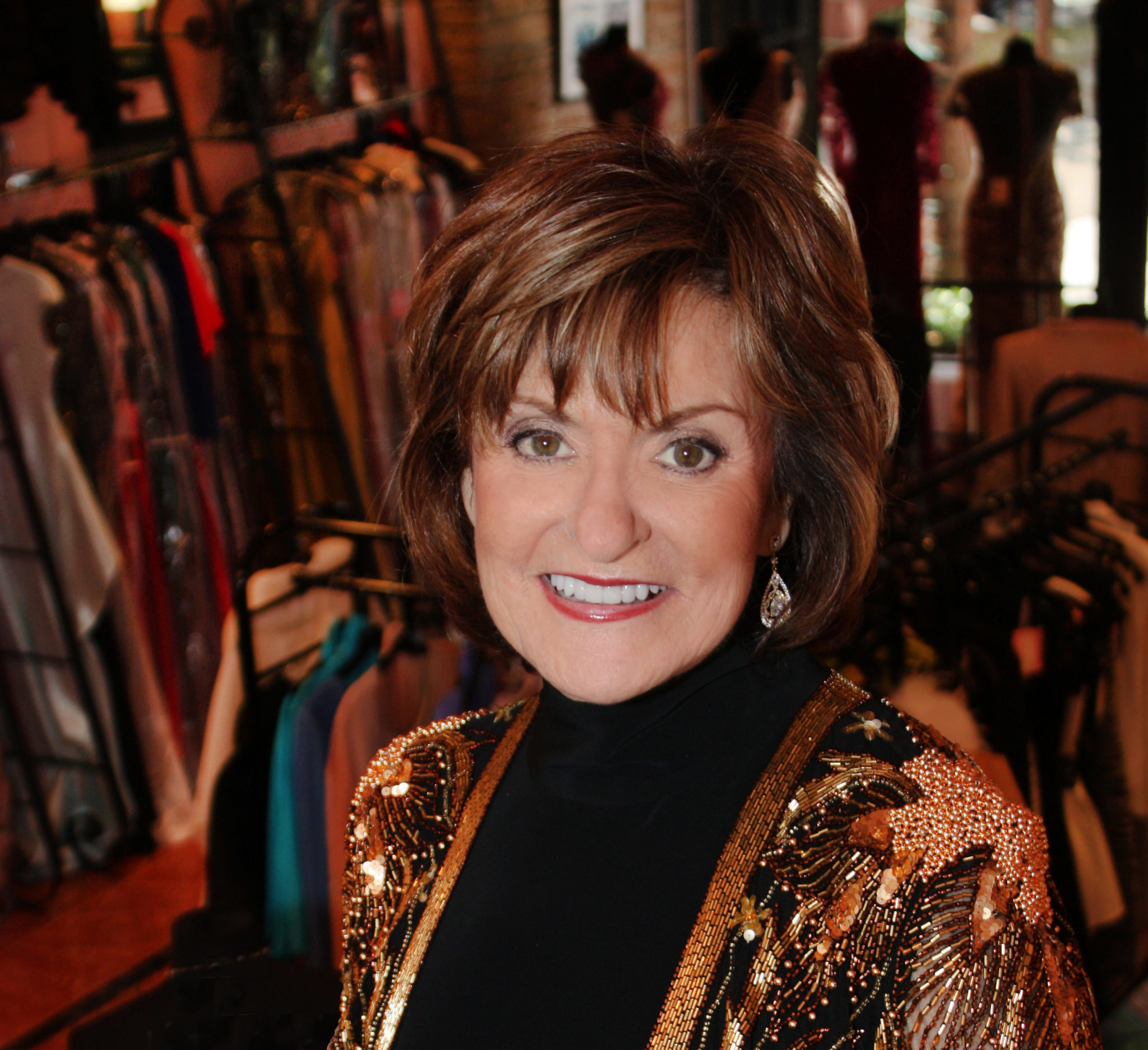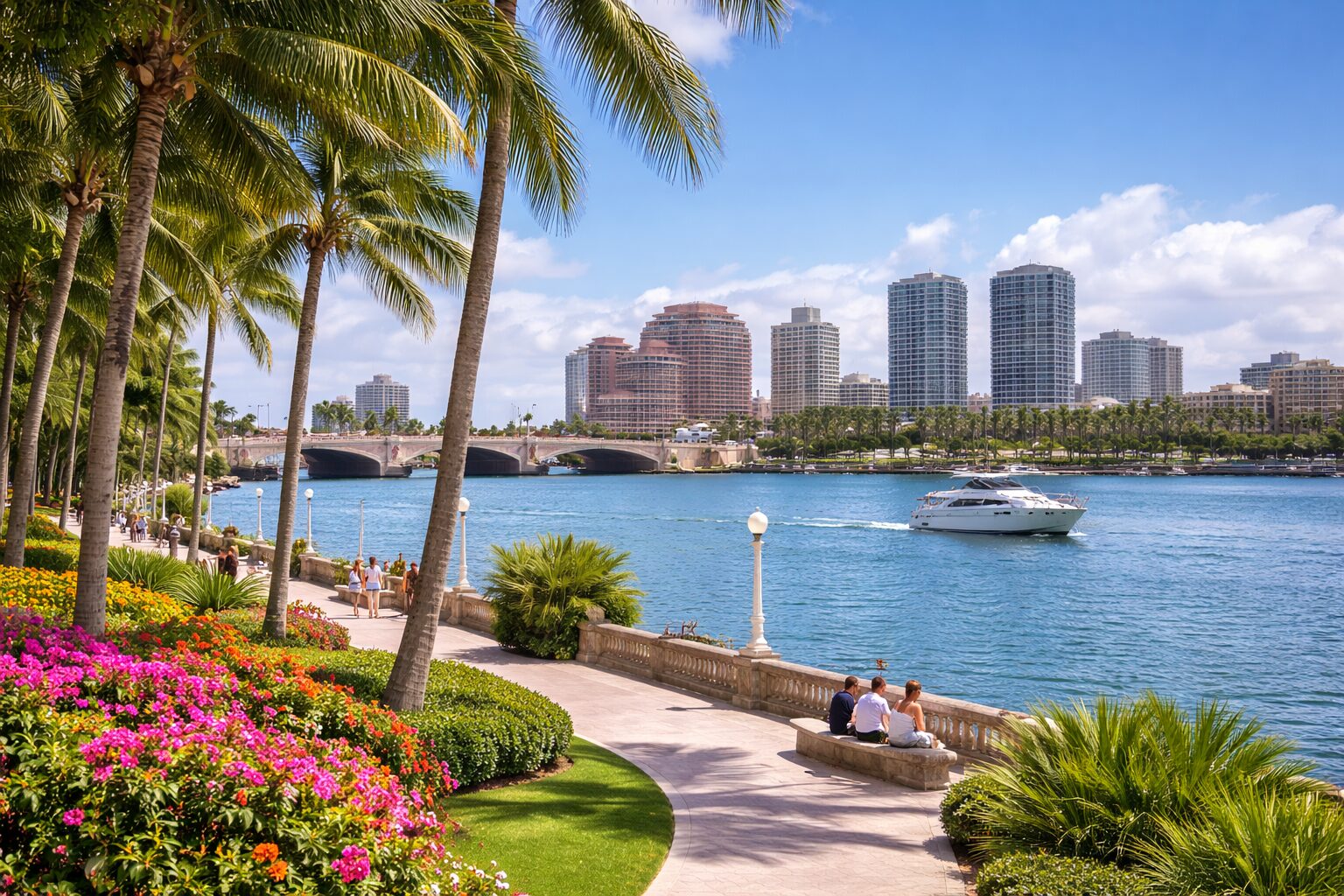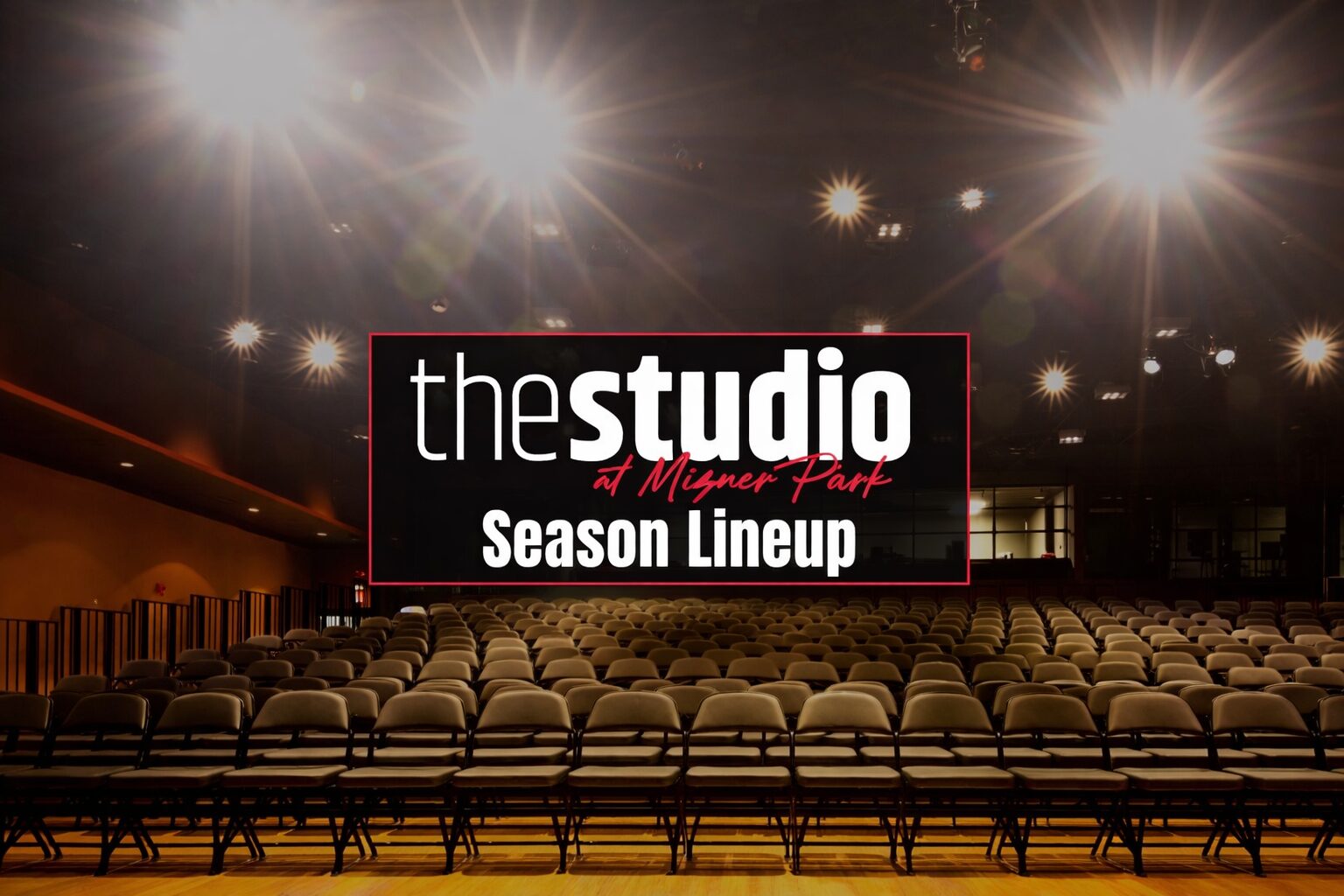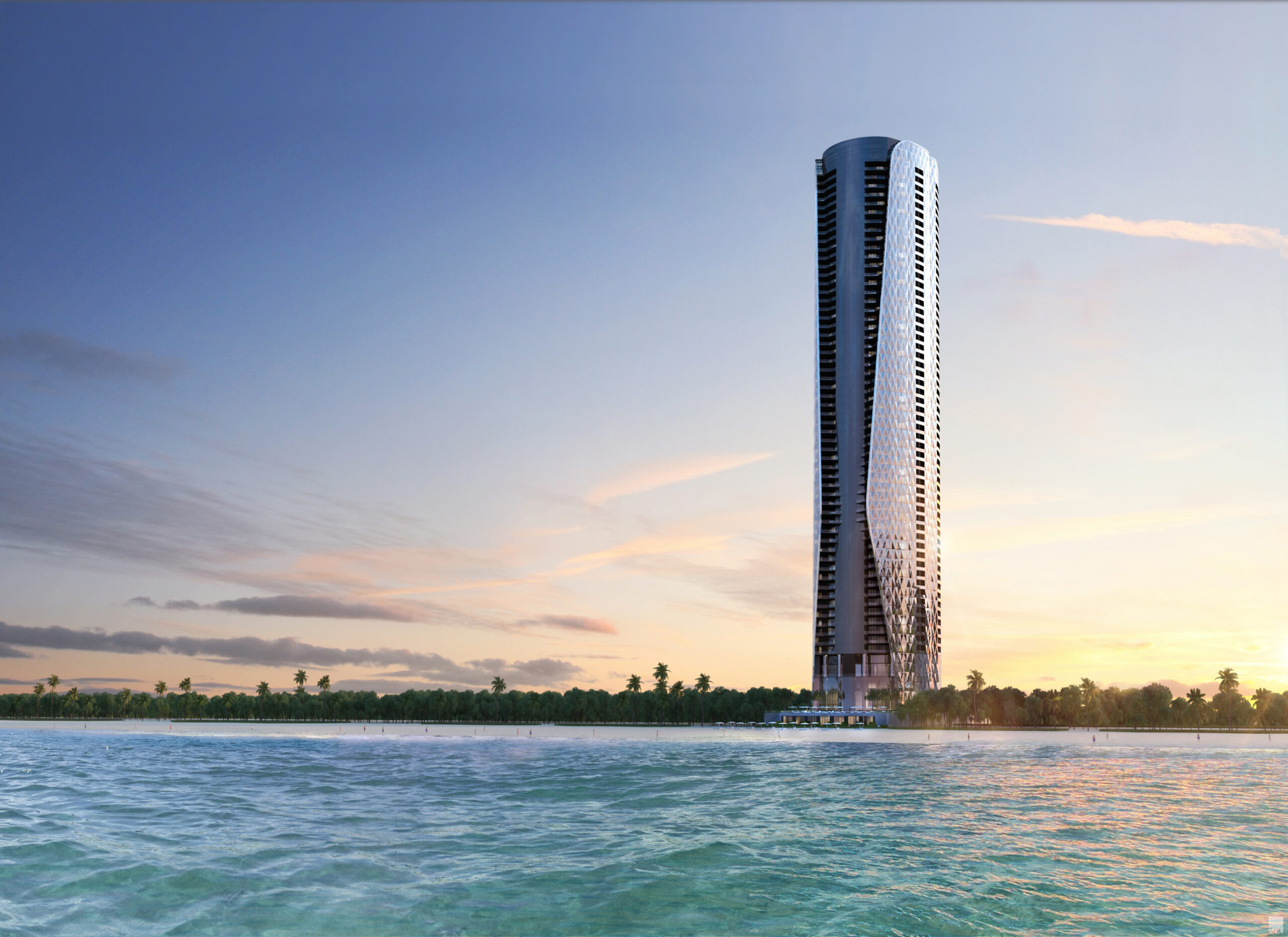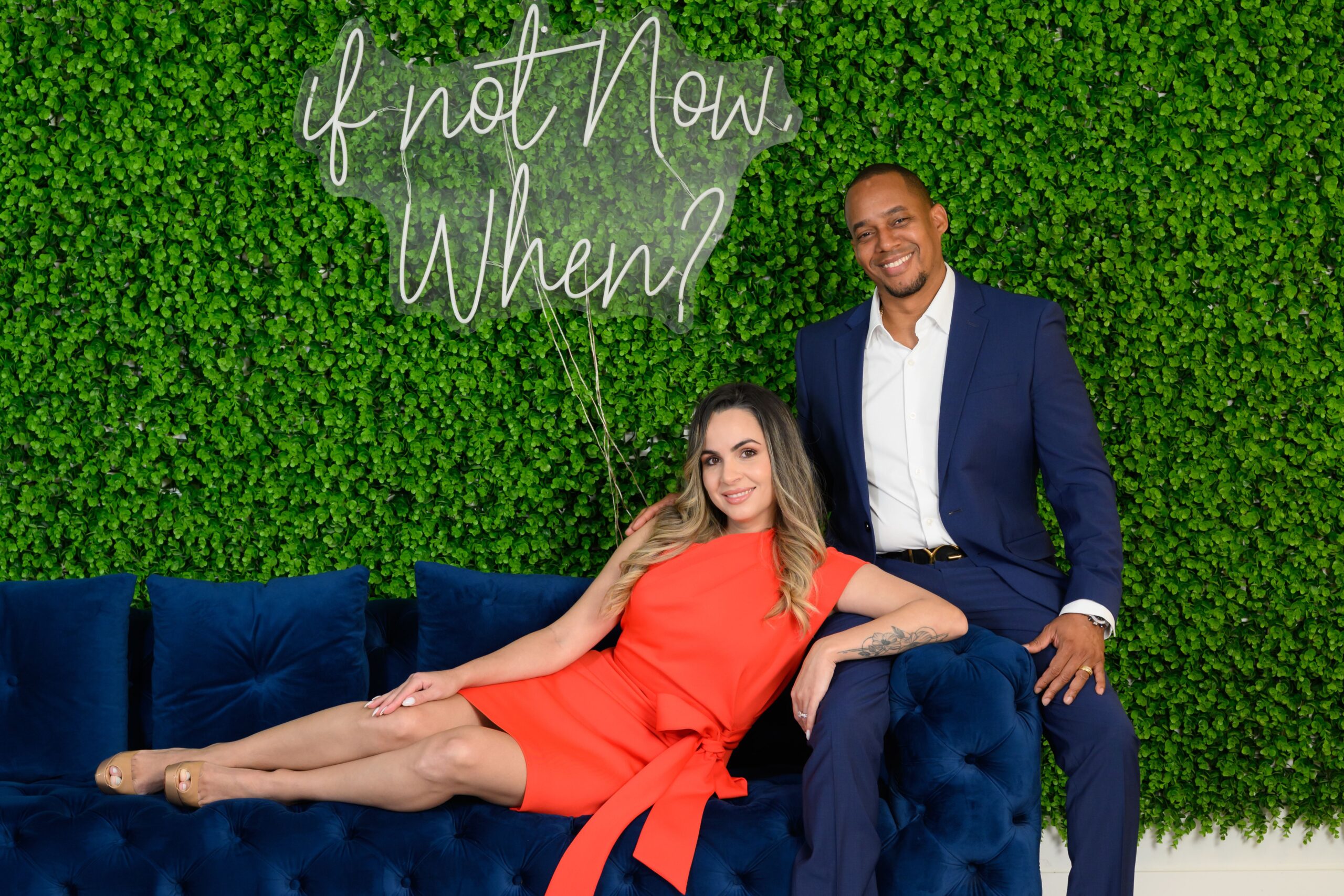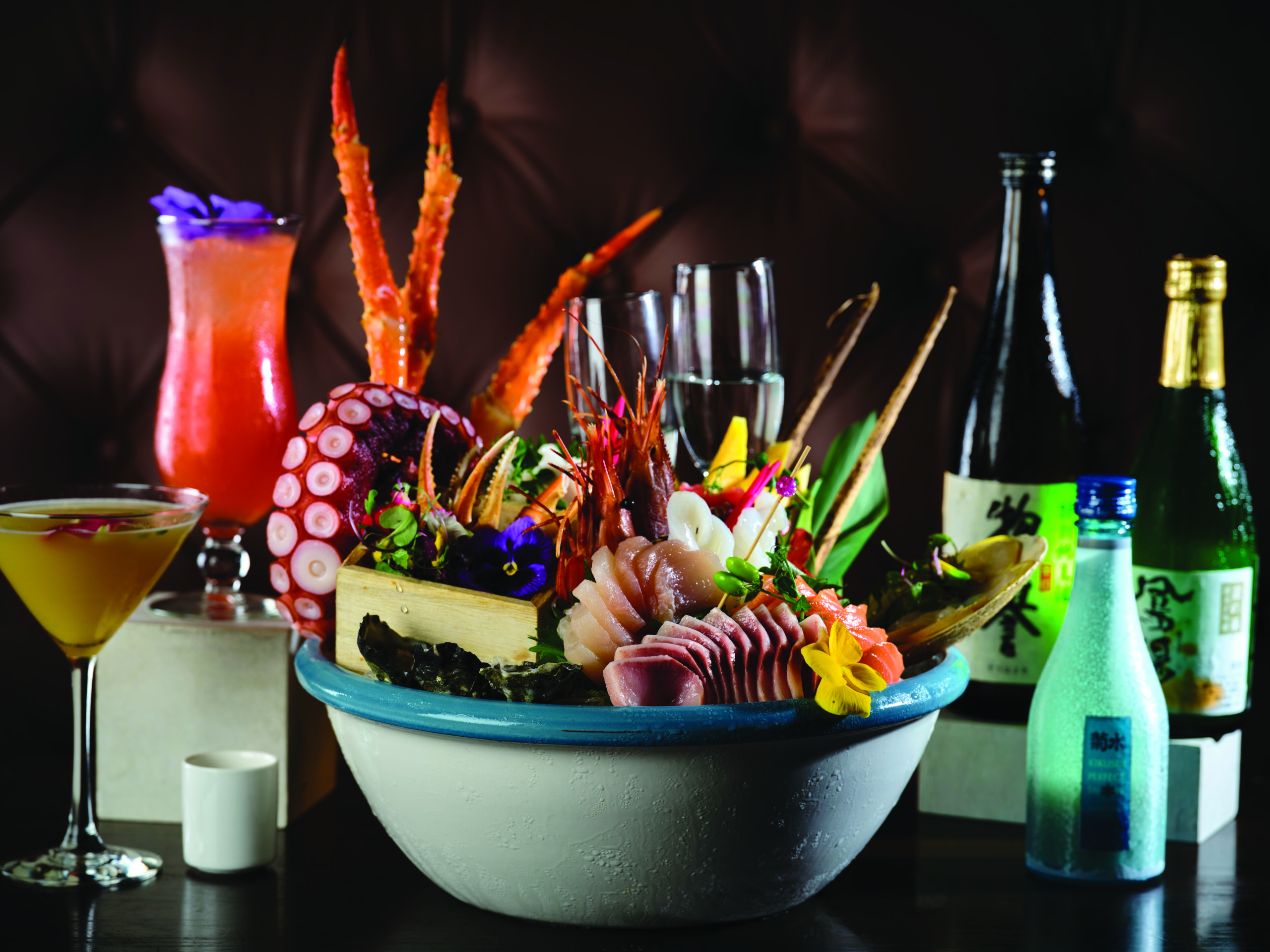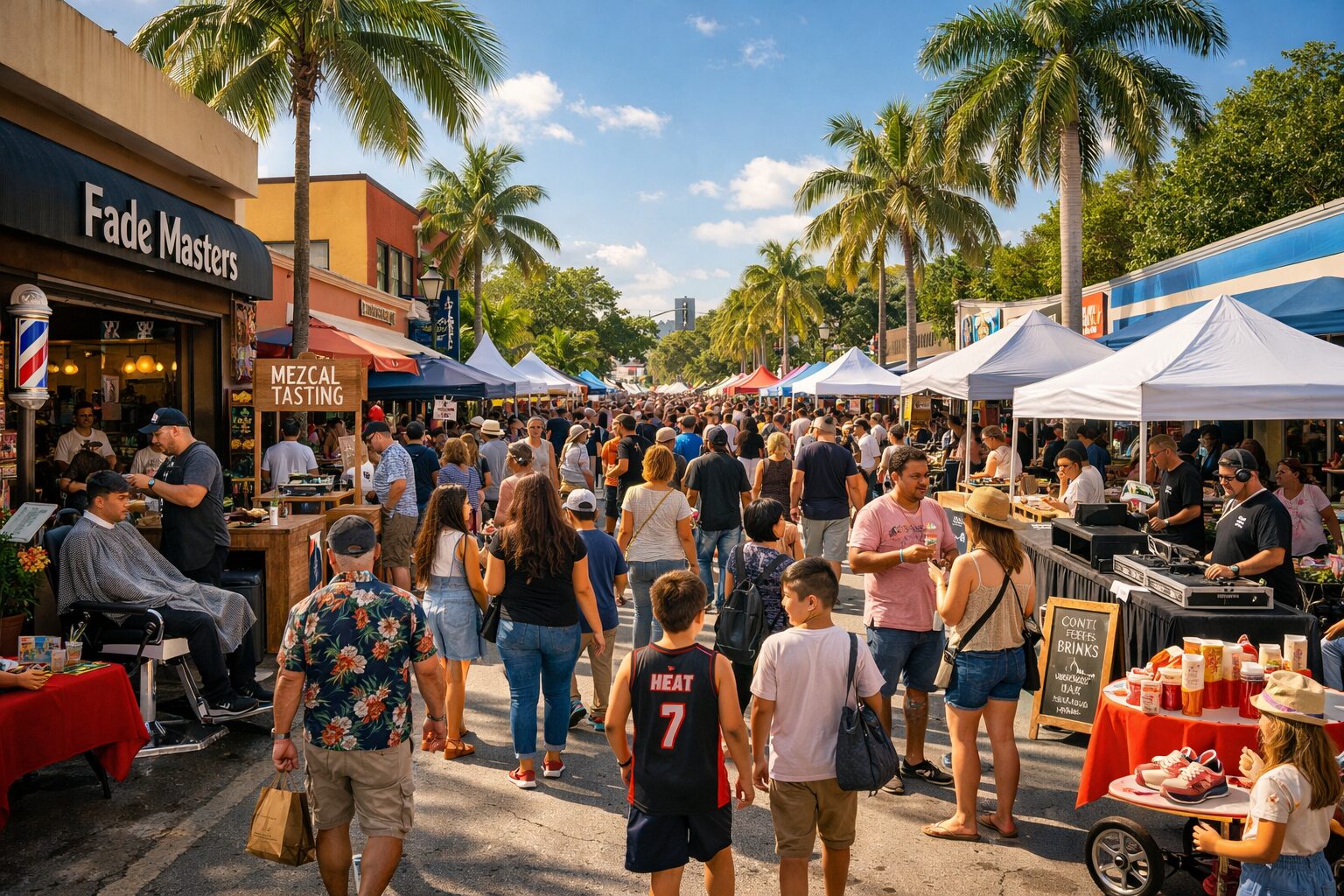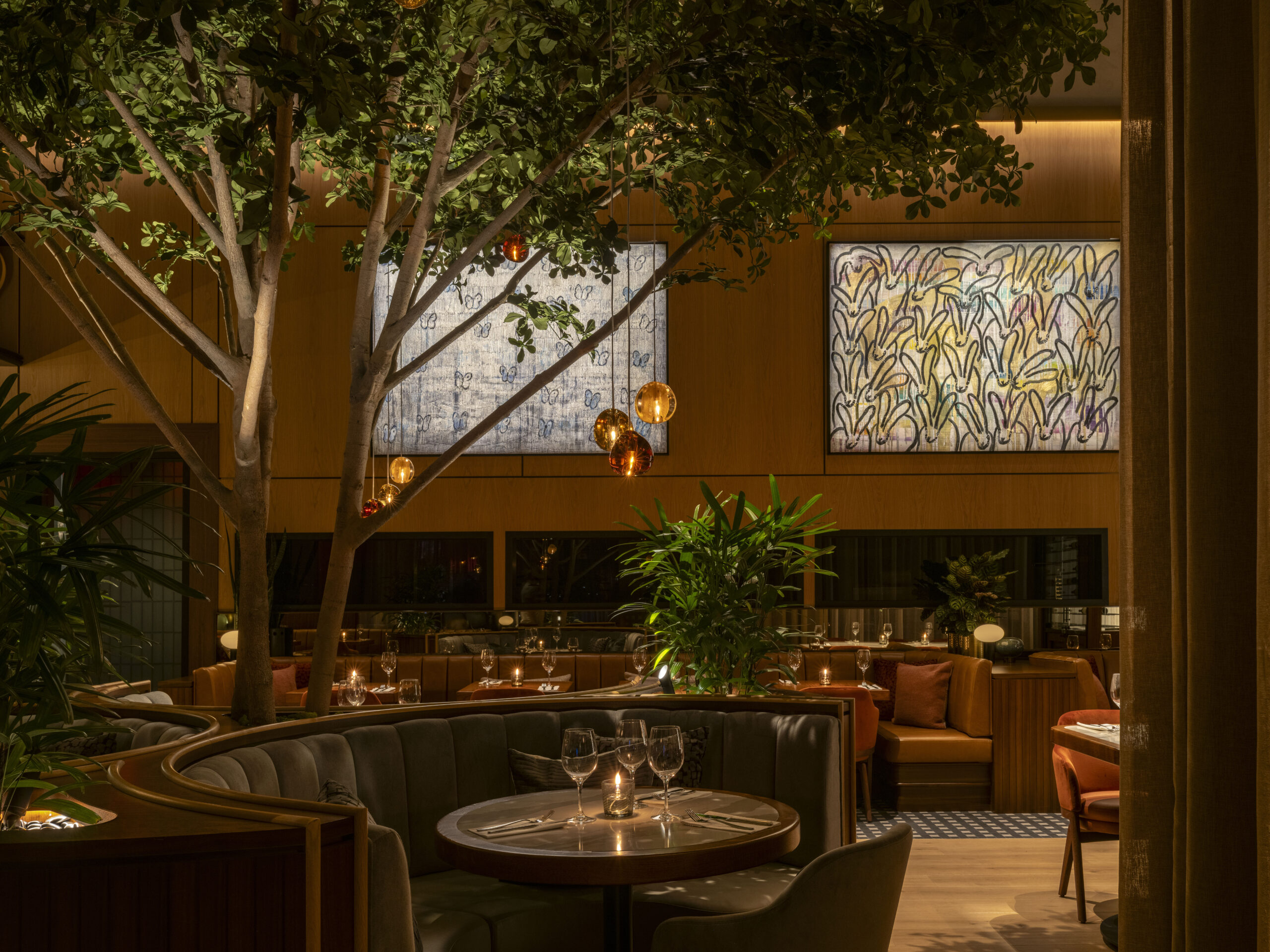Lifestyle reached out to businesspeople all over South Florida—in categories ranging from retail and real estate to medical and automotive—and asked three questions: How did COVID-19 and the shutdown impact your business; how did you position your business in the interim; how will experiencing this unprecedented pandemic change the way you conduct business moving forward? Today, we check in with Zola Keller, owner of Zola Keller Las Olas.
Business backstory: The popular designer and retailer is renowned for her special occasion gowns, including custom-created wedding dresses and bridal accessories. In addition, her Fort Lauderdale-based boutique features an array of chic cocktail dresses. Next to the main boutique is an outlet store, Zola Keller’s Secret Closet. (zolakeller.com)
The impact: “COVID-19 forced us to furlough 11 employees. Early on, before public health officials realized the severity of this disease or took the step of ordering mandatory nonessential business closures, we implemented emergency business continuity plans out of an abundance of caution. This included keeping our four seamstresses in the store to handle any needs that might come up for customers who were picking up their previously purchased gown.”
In the interim: “We are already receiving many requests to reschedule missed appointments and new requests for future appointments. Brides will always want that perfect gown, even if the ceremony happens over Zoom. Other customers tell us they are anticipating the celebrations that will take place when the threat of coronavirus passes. People realize it will be tough getting an appointment after we reopen. We are fortunate. Unlike businesses like restaurants, our customers still need that product they were going to purchase while we were closed. Most of the potential sales for that period are pent-up, but they’ll still be there on the other side of the pandemic. Of course, this business pause means many of our customers will have had the [window] to purchase their special-occasion gown substantially shortened, perhaps taking away time we’d need to special-order a garment. So, we are purchasing inventory to expand their options for immediate purchase. Normally, this is not the time of year when we would purchase new inventory.”
The future: “We are looking at several new approaches to help customers manage the uncertainty that arises when something like this happens in the future. One example: We will offer a return policy for our customers’ special orders and in-store inventory purchases if their special event is permanently canceled due to a future disaster like the one we’re in now.”



